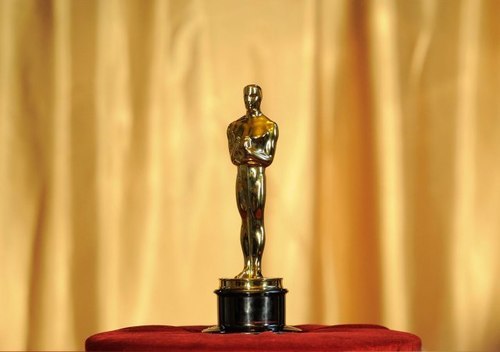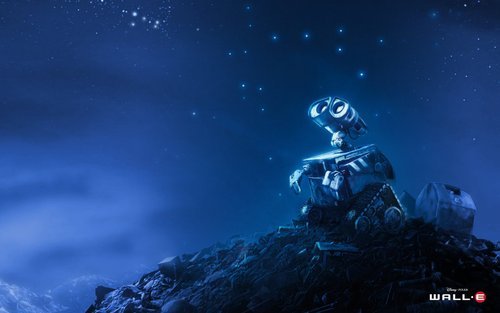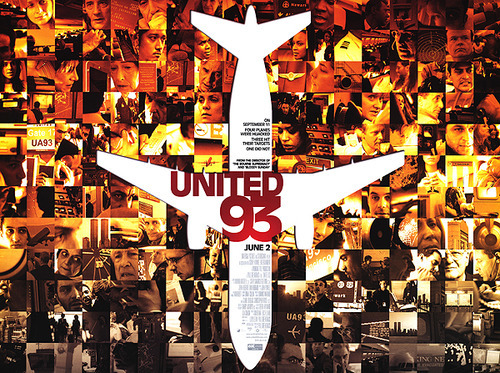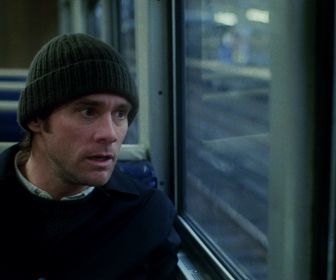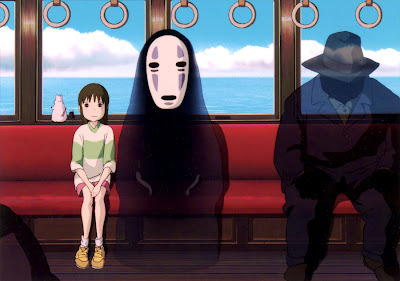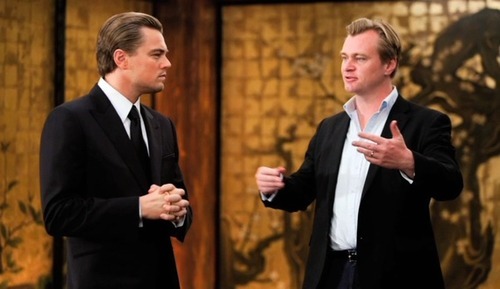
"Help me put a roof on this house."
Jason Reitman was embraced by the establishment almost before he came onto the scene. He scored back to back Best Director Oscar nominations for his second and third film, the wildly overrated Juno and the mildly overrated Up in the Air, and seemed to be the guy that everyone was lining up to work with if they wanted to be in high profile awards bait. A lot of the shine came off the apple with his last film, the mean-spirited Young Adult, casting the first light of suspicion on the director, though the film does have its ardent admirers. For his latest effort, he adapted Joyce Maynard's melodramatic love story Labor Day into a feature film, and even though he managed to recruit some major league talent, it looked as though he might be in over his head. So could he manage to work his charms once more and keep this thing afloat, or could this be the stone that sinks his reputation once and for all? Read on to find out...

Opening in the waning days of summer, 1987, Labor Day is told from the perspective of a pre-teen boy named Henry (Gattlin Griffith when he's a young man, Tobey Maguire when he's the narrating adult). Henry's mother Adele (Kate Winslet) has been in a deep depression and become something of a hermit since her husband (Clark Gregg) ran off with his secretary (Alexie Gilmore). Henry tries to assume the role of the man of the house, cooking his mother breakfast in bed and giving her a coupon book full of free chores and back rubs, but he soon realizes that there's one thing that as a son, he cannot give her. We know that Henry isn't like other boys, and is more sensitive to the needs of a woman like his mother because he has an Empire Strikes Back poster in his room at a time when most kids his age would have likely held up Return of the Jedi as the best Star Wars film.
On a trip to a department store on the eve of Labor Day weekend, Henry is confronted by Frank (Josh Brolin) who is bleeding and asks if his mother can give him a ride. Adele reluctantly agrees to give Frank a ride, as she wants no harm to come to her son, and Frank insists that they go back to her place so he can recover from his injuries, promising that he'll leave at nightfall. Frank has escaped from prison and is a wanted man, which at first frightens and confuses Adele, but he's such a gentle soul, and she longs for companionship, so it isn't long before spending the night turns into spending the weekend, which inevitably leads to plans to make a run for the Candian border.

The inherent flaw of Labor Day is that it paints itself into a corner by having Frank be nothing short of a saint who serves as both a handyman for the home, a lover for the wife and a surrogate father for the son. He claims to be innocent of the charges he was in prison for, and over the course of the film, we get his backstory, which quite frankly did little to absolve him of the crime. It's also a bit strange to have the adult Henry serve as the narrator of the piece as there are at least three moments which he is not privy to, making him something of an unreliable narrator. What's more, the entire love story at the core of the film is preposterous. It's nothing more than a treacly, idealized romance that wouldn't be out of place in something as banal as Twilight, or one of its many fan fiction derivatives. It's the sort of thing that is supposed to appeal to hopeless romantics, but seems more like the psychotic fantasy of a crazy cat lady.
Having said all that, Labor Day is an absolute gem of a terrible film. Because it's so earnest and sincere, and every performance is pitched to Douglas Sirk levels of melodramatic nonsense, the film becomes one of the more hysterically funny unintentional comedies you'll ever see. The furtive glances being cast by Brolin and Winslet at one another, not to mention the fact that the film makes everything crackle with sexual tension, caused me to laugh out loud several times. Everything from chili eating to pie baking to playing baseball is charged with a sexual energy that would not be out of place in a soft core porn. And oh that pie baking scene. Holy mother of pearl, that scene (which is where my quote from the beginning of the review can be found) was so absurdly pitched, it will reduce anyone with a healthy sense of irony to fits of hysterics. The pie in American Pie wasn't so overtly sexual as this one.
Although I firmly believe that this was all unintentional, the only way to make a truly bad movie is to do it with the passion and intensity reserved for making a great film. This isn't on a par with something like The Room or Birdemic as those have the added layer of ineptitude that makes them transcendentally bad. It's also not on a par with films like Hudson Hawk or Drive Angry that were made with their tongues firmly planted in their cheeks. This is closer to films like Gigli or Flash Gordon where everything is pitched just a level or two higher than it needs to be. It's competently made and acted, but there's something about it that plays like comedy when that is clearly not the intention.

And as for those performances, they are a wonder to behold. Winslet and Brolin both deliver the categorically absurd dialogue with the conviction they've brought to their best performances. Part of me thinks that they both know better, but there's something so earnest and sincere about their work that allows the material to come off twice as absurd as it actually is. I applaud them both for committing so heartily to the material, as it truly made the film watchable. Gattlin Griffith is perfect as the younger version of Tobey Maguire as he has Maguire's deep commitment to never doing anything with his face, lest he risk looking like he's engaged with the material. The flashbacks to a younger Frank, played by Tom Lipinski, were also comically absurd because Lipinski holds one facial expression through every scene he's in, presumably because it's the only one in which he looks convincingly like a young Brolin.
Jason Reitman knows how to shoot a film, when he can keep his god damned camera still. His use of rack focus and his shot compositions are admirable, but he's clearly out of his league with this material. It's not unlike his father's flirtation with somewhat more highbrow films like Legal Eagles and Six Days, Seven Nights, that similarly misfired and drove him back into more comfortable territory. Don't be surprised if Jason retreats with his next film as well, teaming up with Diablo Cody for something more his speed. The film's soundtrack choices and maudlin score by Rolfe Kent also help to make the film seem more like an incredibly well made parody of melodrama rather than an earnest attempt to make one.

Make no mistake about it, Labor Day is a terrible film. It will appeal to only two audiences, both of whom are miles apart in their desires, but will nevertheless get the most out of the film. If you fall into the "lonely woman looking for a perfect man to rescue you" camp, this film will play like emotional pornography. Similarly if you fall into the "loves a well made, terrible movie with tons of hysterically funny unintentional comedy" camp, you will be beside yourself with the mounds of material this film dishes out. Anyone in either of these categories can go ahead an add two more stars to the score. If you wouldn't comfortably place yourself in either camp, avoid this film at all costs. It's a disastrous attempt to make a modern melodrama and you're more likely to roll your eyes than laugh at it or even enjoy it. Anyone in this latter category should go ahead and subtract two stars from the score. This film is a head scratcher, but I might go so far as to say that I loved it for what it was, which is certainly not what anyone involved with its making intended.
GO Rating: 2.5/5
[Photos via BoxOfficeMojo]






























